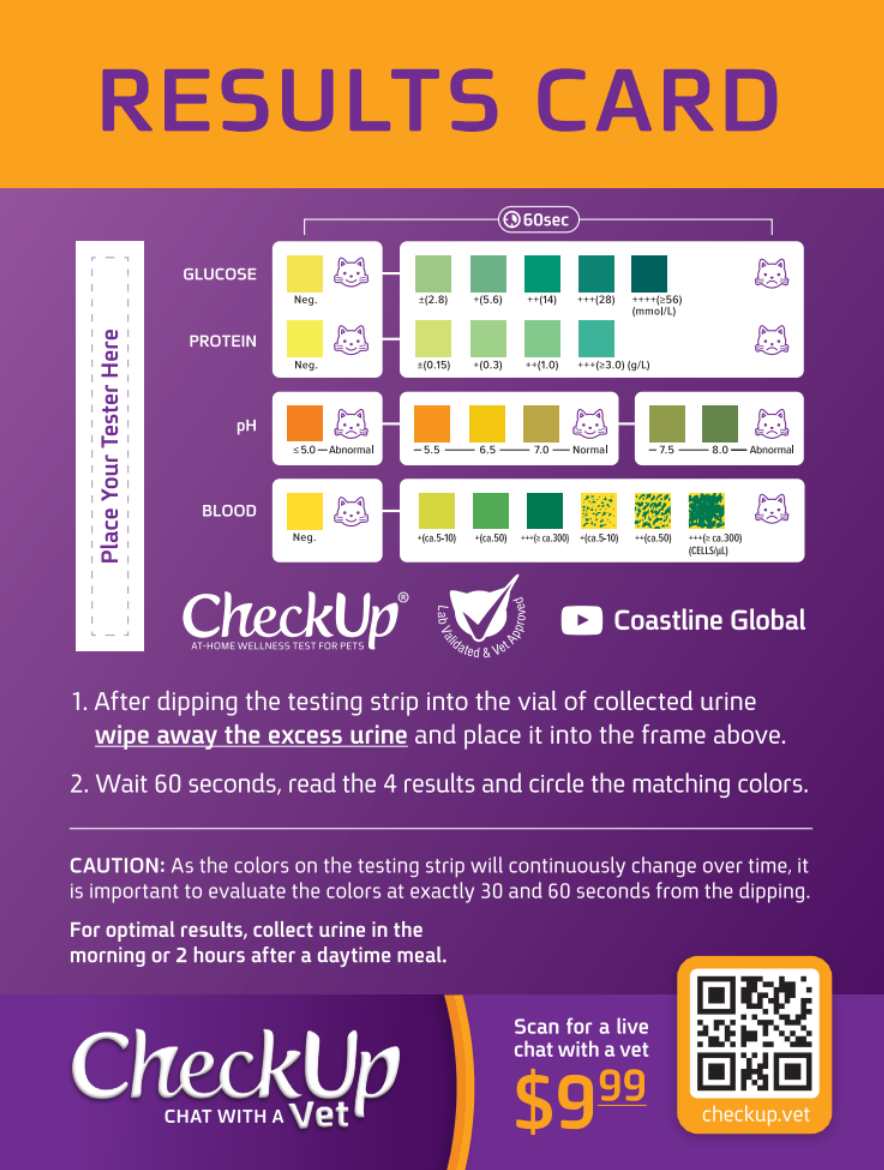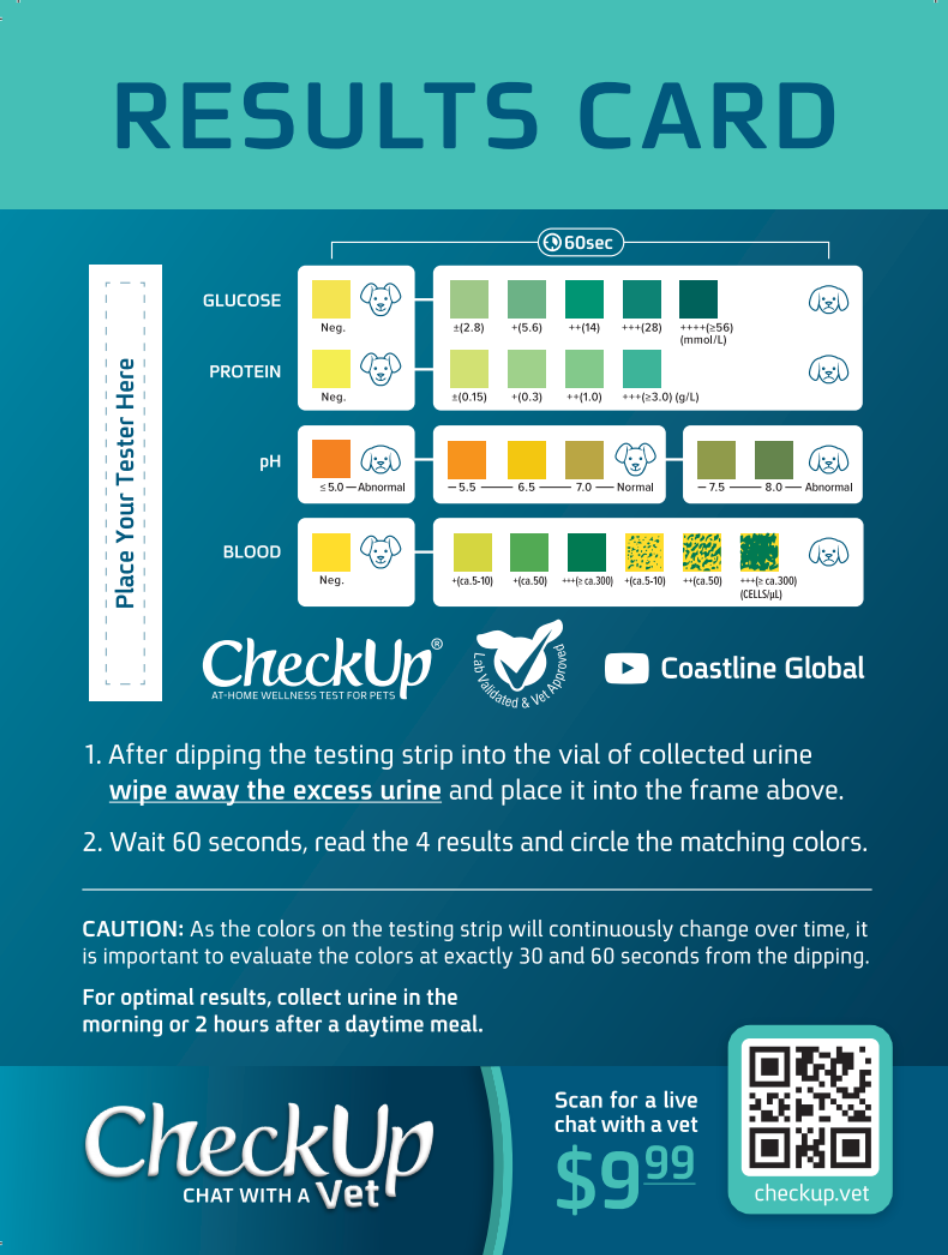When your cat is diagnosed with kidney disease, veterinary treatment often includes medications, intravenous or subcutaneous fluids and a radical change in diet. As a cat owner, you must be able to discuss the disease with your veterinarian, learn why and how the illness progresses and why various treatments, including a proper diet, are necessary. Being informed, you’ll be much more likely to follow the veterinary protocols and the needed food plan, and thus improving the prognosis for your pet.
Understanding the Disease
Your cat with kidney disease will urinate more frequently (polyuria) and drink more water (polydipsia). The cat may start urinating outside of the litter box in inappropriate places – on the floor, on the carpet, in bathtubs and sinks. Some cats are unwilling or unable to eat food and become anemic and dehydrated. They can begin vomiting and have diarrhea or become constipated. As the disease progresses and the kidneys become increasingly dysfunctional, your cat may develop azotemia – an overabundance of nitrogen in the blood that shows in a metallic smell to the breath. Some cats will also have lesions on the lips and gums that make it more difficult to eat.
Veterinarians classify feline kidney disease as either acute (appearing suddenly) or chronic (progressing over a period of time). To diagnose the origins and progression of the disease, your vet will usually recommend running a complete blood analysis and a complete urinalysis. If uroliths (crystals that form in the urine) are discovered in the kidneys or bladder, your vet may ask that these crystals be flushed out through the urethra and sent for diagnosis to a laboratory. Specific veterinary treatment and a prescribed diet will depend on the origins of the disease and symptomology of the individual cat.
What Diet Is Most Effective?
One of the most important treatments of feline kidney disease revolves around changing your cat’s diet. Many vets will prescribe a diet low in animal proteins, yet high in whole grains and B-vitamins that provide needed calories and energy. A low-protein diet will improve kidney function by removing proteins in the blood that would normally be excreted in the urine.
Since the urine also removes phosphorus and magnesium from the body, the diet will, of necessity, need to be low in these minerals. A low-sodium diet helps control the fluid retention in cats with the heart problems often associated with renal disease, and also helps improve blood flow to the kidneys. Giving your animal Omega-3 and Omega-6 fatty acids will also improve renal blood circulation while minimizing cardiac and renal hypertension, slowing the progression of the disease. Adding water-soluble dietary fiber lowers nitrogen in the urine and decreases its excretion by the kidneys. This will lower the chances of your cat moving into the azotemic stage of renal disease and cause the urine pH to be more alkaline – a healthier resolution to targeting lower pH levels. The metabolic acidosis also associated with azotemia is countered by increasing digestive buffers to the diet to decrease stomach acids. Store-bought, processed treats are prohibited for cats with kidney disease.
Most traditional vets will recommend a veterinary-prescribed diet, however, holistic veterinarians can help you put together a plan using home-prepared meals that can work as well.
Can I Feed A Homemade Diet?
If you choose to make your cat’s meals at home, you should be able to find most of what you’ll need in your own pantry. Whole grains, such as brown rice and quinoa, can supply necessary carbs and fiber. Essential proteins, as well as needed B Vitamins, are found in legumes, beans, and green, leafy vegetables such as spinach and kale. These same foods are also low in phosphorus and magnesium. You can add needed fatty acids by including fish oil capsules, cantaloupe, broccoli, and cauliflower to your cat’s diet. A tablespoon daily of plain, non-fat yogurt provides the probiotics and buffers needed to prevent stomach problems, and lower gut acidity and your cat’s pH levels. Note: DO NOT add spices or extra salt to your cat’s meals.
What Your Vet Will Tell You
Most veterinarians consider kidney disease chronic and progressive and will recommend treating the disease as a lifelong issue. This means that maintaining the prescribed diet as well as various medications and subcutaneous fluids is necessary to your cat’s continued health and well-being. Since most of the treatments will occur at home, you will need to be trained by your veterinarian or vet tech in how to administer fluids and pills to your cat without adding undue stress. Your vet should also advise you to not vary from the diet with treats or table scraps, as this will cause enzymes to change in the body and further the development of the disease.
Your cat will need to be evaluated by your vet periodically to determine the extent of the kidney disease and to possibly change medications and treatment. You will probably be asked to bring in a recent urine sample with you for analysis. You can go to our Where To Purchase page on our Kit4Cat website if your vet doesn’t have our hydrophobic sand kit in stock.







